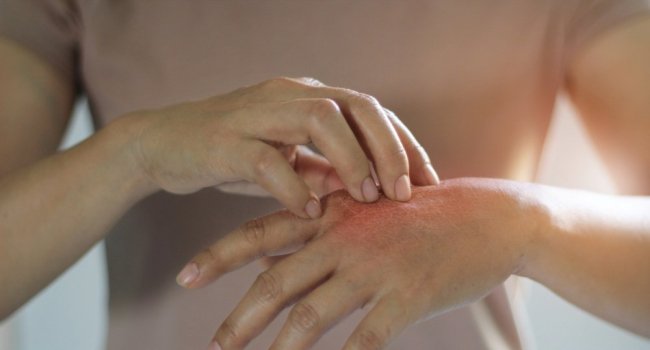The Omicron strain of the coronavirus is spreading much faster than previous strains, and this is due to the survivability of the new strain of the virus. Researchers from Kyoto Medical University (Japan) have found that omicron can live on plastic objects and human skin much longer than previous strains of the virus.
According to the study, published by Biorxiv, the average time for SARS-CoV-2 to exist on plastic was 56 hours, delta 114 hours, and omicron 193.5 hours.
The study also showed that on cadaver skin samples, the Uhan strain of the virus persisted for 8.6 hours and the Omicron for 21.1 hours. Such persistence, as one would expect, contributes to a more rapid spread of the virus.
Note that the incubation period for omicron was 2 to 5 days, compared with an average of 6-8 days for the previous strains of coronavirus.
The new strain is transmitted 7 times faster than the delta, and a person infected with omicron can infect others within the first day.


